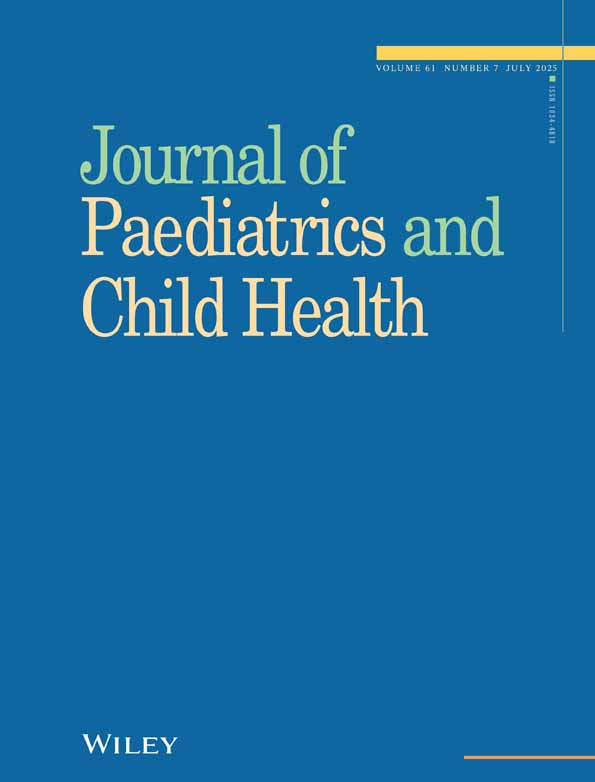Radiofrequency catheter ablation in a haemodynamically compromised premature neonate with hydrops fetalis
Abstract
Abstract: A preterm infant was born at 35 weeks gestation after failed antenatal antiarrhythmic therapy. The infant had an incessant supraventricular tachycardia, impaired ventricular function and hypotension and failed to respond to adenosine, cardioversion and intravenous amiodarone. After resuscitation from cardiovascular collapse, a successful radiofrequency catheter ablation (RFA) of a left free wall atrioventricular pathway was performed at 24 h of age without extracorporeal support. The infant is normal on follow up at 12 months of age. Whilst most fetal and neonatal supraventricular tachyarrhythmias respond to antiarrhythmic medications and RFA is not required, this is the earliest RFA to be performed on a premature infant when antiarrhythmics have failed.




